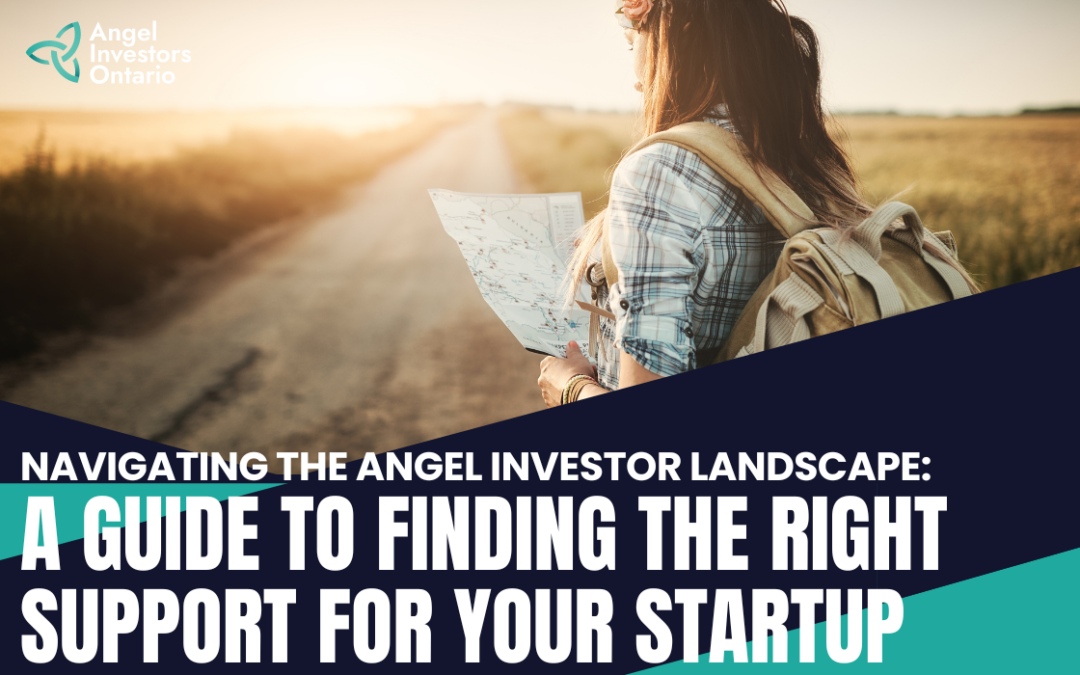You’ve dedicated countless hours to developing your groundbreaking idea. You’ve conducted market research, engaged potential customers, and created a minimum viable product (MVP). Your passion for your business is unparalleled. Now, the next step is securing the funding you need to propel your company to new heights.
Enter angel investors. These visionary individuals can offer more than just financial backing. They become invested in the success of your business, providing crucial mentorship and guidance along the way. If you’re open to advice and embrace shared decision-making, angel investing can be a game-changer for your startup.
Determining the right time to approach angel investors is a critical discussion to have with your co-founders and trusted advisors. Typically, you may seek investment when you have demonstrated your ability to bring your vision to life or identified a market with enough potential to sustain your business. Investors want to see that you have assessed and mitigated risks, offering them the confidence to invest their money.
But where can you find these angel investors who have the power to transform your business? Ontario is a hub for angel activity, with more than 17 angel groups scattered across the province. From Windsor to Northern Ontario, angels are ready to support innovative startups like yours. Check out our list of angel groups to find the perfect fit for your business.
When connecting with angel groups, consider leveraging your participation in incubator or accelerator programs or seeking warm introductions from trusted advisors. The best way to be introduced to another angel group is through an existing group.
Working with an angel group has numerous benefits. These groups bring together interested investors who review deals collectively. By pitching to an angel group, you can showcase your business to multiple investors simultaneously, increasing your chances of securing the funding you need. Furthermore, pitching to an angel group guarantees that all members are accredited investors, giving you peace of mind.
Beyond funding, angel groups offer access to invaluable resources such as mentorship, advice, and industry connections. Startups often gain access to office spaces, legal assistance, and marketing resources through these groups, setting them up for success.
Don’t limit your search to angel groups alone. Industry-specific conferences, networking events, and startup meetups are treasure troves of potential investors who share a passion for your field. Engage in meaningful conversations, pitch your ideas with conviction, and forge connections that can propel your business forward.
Don’t underestimate the power of online platforms designed to connect startups with investors. Platforms like AngelList, FrontFundr, and Equivesto act as matchmakers, allowing you to showcase your startup to investors scouting promising opportunities.
Consider tapping into the networks established by startup incubators and accelerators. These programs not only provide mentorship and valuable resources but also increase your visibility among angel investors associated with these organizations.
Lastly, don’t forget to explore your educational and professional networks. Alumni networks often include successful entrepreneurs who may be interested in investing in promising startups. Capitalize on shared experiences and common affiliations to garner support from these entrepreneurial veterans.
Now that you know where to find angel investors, let’s talk about tips for managing the fundraising process efficiently. Fundraising requires dedicated effort and can be a frustrating journey. However, by approaching it as a sales process, you can minimize some of the frustrations that come along.
Start by building a comprehensive list of potential investors, creating your own “sales funnel.” Remember, raising capital is a numbers game. You’ll need to pitch to a significant number of investors at the top of your funnel to secure a handful of investments at the bottom. Jeff Bezos himself pitched to over 60 investors to raise Amazon’s first $1 million. This dynamic applies to later rounds as well.
As you embark on this fundraising journey, keeping track of names, conversations, follow-ups, and to-do items becomes increasingly complex. Consider utilizing tools like Excel sheets or a simple CRM system to manage your funnel effectively. A well-thought-out plan is crucial to the success of your fundraising process.
As a founder, I’d like to leave you with one valuable piece of advice: trust your gut. Just as investors can say no to you, you have the power to say no to investors. Remember, you’ll be in a long-term business relationship with your angel investors, so it’s important that you genuinely connect and share values.
According to the National Angel Capital Organization (NACO)’s 2021 Report on Angel Investing in Canada, only 6% of entrepreneurs who initially approached structured angel groups for investment received funding. However, entrepreneurs who don’t receive funding shouldn’t be disheartened. They often gain access to valuable feedback and a network that can help them become investment-ready, accelerating their business growth. Funding is not solely about the money; it’s about finding investors who believe in your vision and can contribute to your entrepreneurial journey. Keep pushing forward and embrace the exciting possibilities that await you!
